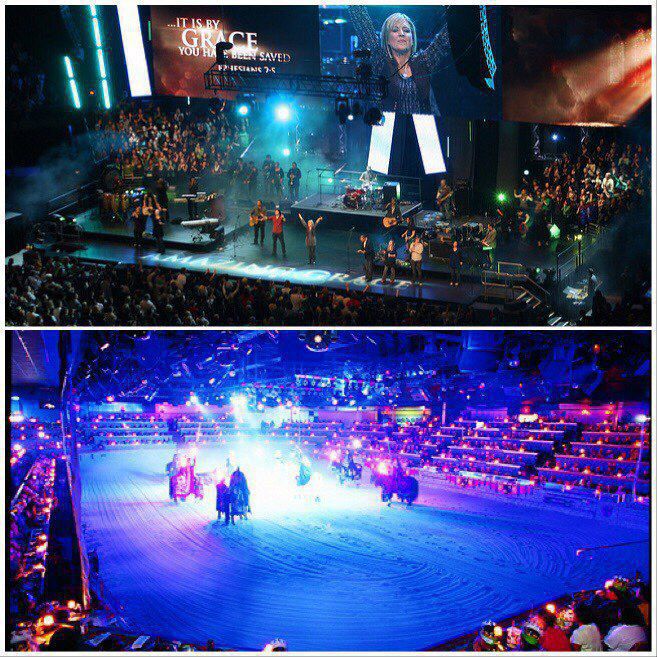Is Reformed worship boring?
Imagine that for your whole life you had only eaten dinner at Medieval Times, the stadium seating dinner-theater event with knights, horses, and lots of yelling. And imagine that every time you went to Medieval Times, you were told that this is what eating dinner is all about. You weren’t just getting fed with the food but also with the energy and excitement. This wasn’t just entertainment; this was life. And the power of this moment was going to carry you through to the next event.
Now, imagine your shock when one day you meet a family who, instead of going to Medieval Times every day, chooses to stay home for a dinner. And then—surprise!—they invite you to come over one evening.
The night arrives, you show up, and everything you expected is instantly confirmed. Instead of jousting, falconry, and the passion of the crowd, there’s just a short prayer, some squirmy kids, Bible reading, and very ordinary conversation about a very ordinary day.
As my former historical theology professor, R. Scott Clark, explains in response to a Twitter conversation, what I’ve described is similar to the paradigm crash many people experience who come to Reformed worship for the first time. Of course, some love it instantly, but others may have a hard time adjusting. I’ve seen both.
If you’re trying to wrap your head around Reformed worship, read Dr. Clark’s post. It might help you understand what is going on.
Photos by James Kirsop (Hillsong Worship Conference) and Experience Kissimmee (Medieval Times), on flickr
